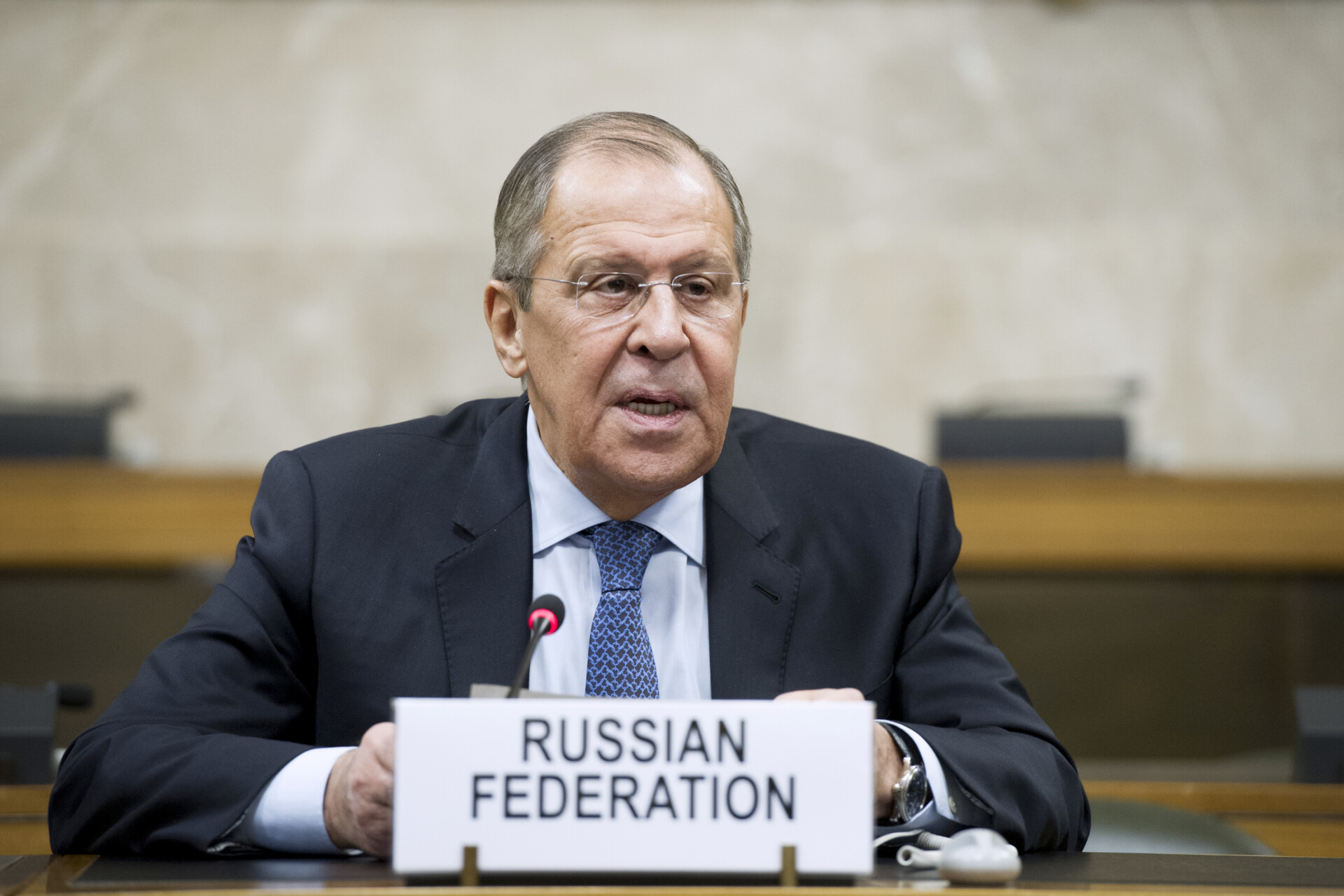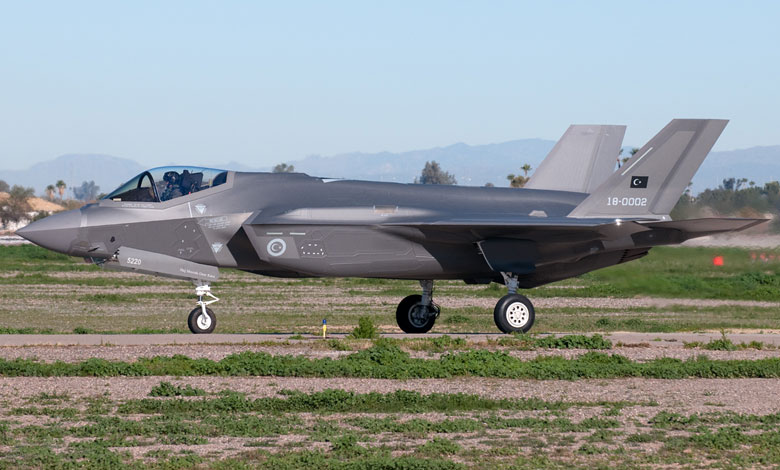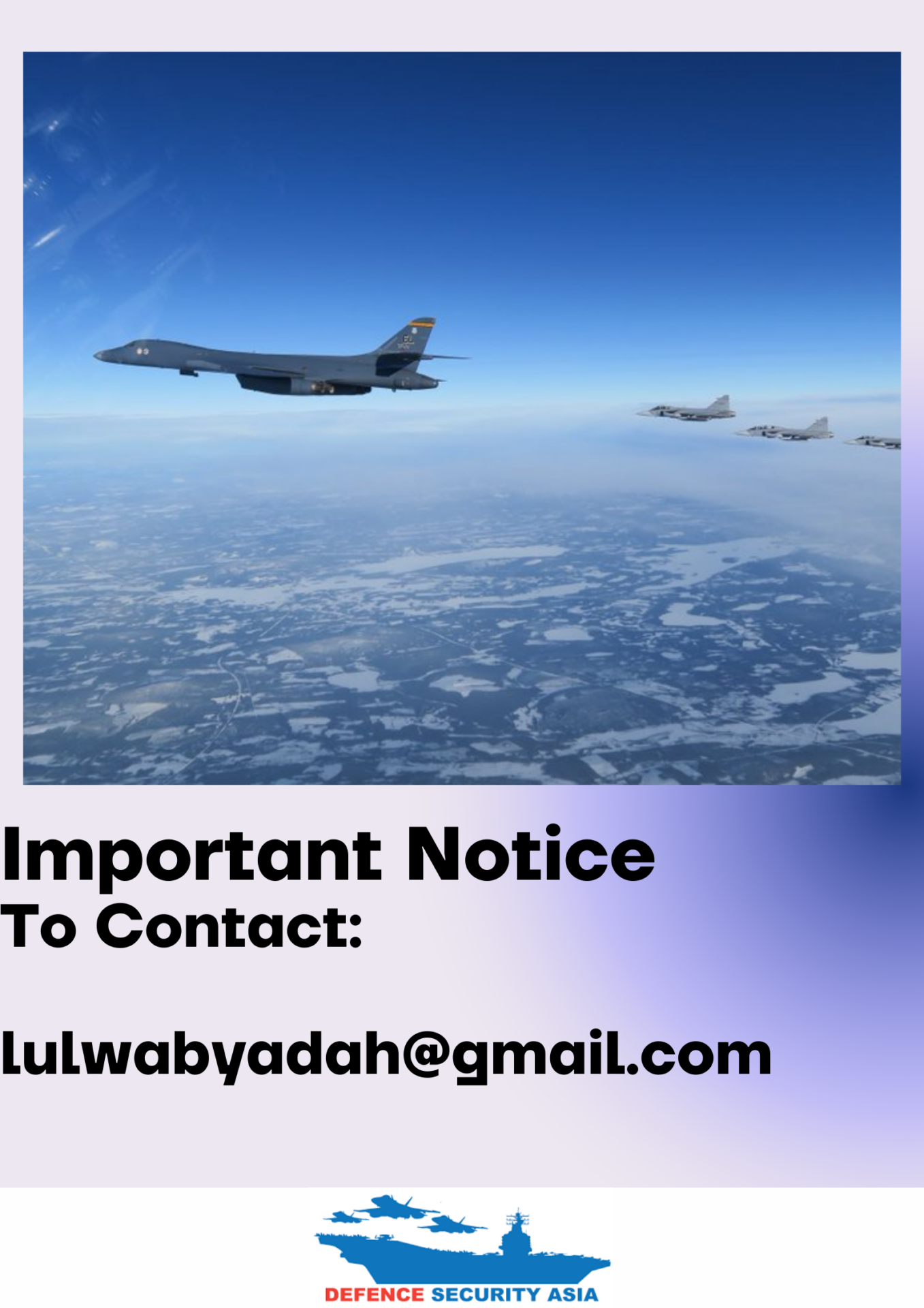Turkey Prohibited from Transferring Its S-400 “Triumf” System to a Third Country – Russian Foreign Minister
Russian Foreign Minister Sergey Lavrov’s statement comes amid intensifying speculation surrounding a proposed transfer of the S-400 to the U.S., which some believe could pave the way for Turkey's re-entry into the F-35 fighter jet program.
(DEFENCE SECURITY ASIA) – Russian Foreign Minister Sergey Lavrov has dismissed reports suggesting that Turkey may “transfer” its Russian-made S-400 “Triumf” long-range air defense system to the United States.
Lavrov clarified that the 2017 agreement for the purchase of the S-400 system includes a clause prohibiting Turkey from handing the system over to any third party without prior approval from Russia.
Lavrov’s statement comes amid intensifying speculation surrounding a proposed transfer of the S-400 to the U.S., which some believe could pave the way for Turkey’s re-entry into the F-35 fighter jet program.
In recent weeks, reports emerged that the U.S. had offered Turkey a deal whereby Ankara would “hand over” control of its S-400 system to the U.S. in exchange for being allowed to rejoin the F-35 program.
According to Greek media, the proposal would see Turkey retain the S-400 within its territory but place the system under American control at the Incirlik Air Base in southern Turkey, a facility operated by U.S. forces.

The U.S.’s objective with this proposal is to restore Turkey’s involvement in the F-35 program, enabling Ankara to resume its planned purchase of 100 F-35 jets, which had previously been agreed upon.
Negotiations between Turkey and the U.S. are reportedly ongoing at the highest levels, with both sides hoping for a successful outcome.
Turkey’s acquisition of the S-400 in 2019 has been a significant source of tension between Ankara and Washington.
The $2.5 billion deal, signed with Moscow in 2017, marked Turkey’s pivot toward Russia after failed negotiations with the U.S. to obtain the Patriot air defense system.
Washington never clarified why it refused to sell the Patriots, which ultimately led Turkey to pursue the S-400, incentivized by Russia’s offer of technology transfer and the potential for local missile production.

In late 2020, Turkey conducted a test-firing of the S-400 system in Sinop.
However, despite acquiring the system, Turkey has yet to fully integrate it into its national air defense architecture.
The S-400 is reportedly stored in a secret location and remains inactive, excluded from Turkey’s new layered air defense system, known as the “Steel Dome.”
Turkey’s insistence on retaining the S-400 system led to its removal from the F-35 program and the imposition of military sanctions under the U.S. Countering America’s Adversaries Through Sanctions Act (CAATSA).
As a result, Turkey was barred from purchasing 100 F-35 jets despite having made an advance payment of $1.4 billion.
Six F-35 jets originally intended for Turkey remain in storage in the U.S.


While the S-400 purchase initially satisfied Turkey’s defense needs, questions have since arisen regarding the strategic value and compatibility of the Russian system with Turkey’s other defense systems.
The possibility of Turkey rejoining the F-35 program resurfaced in January when U.S. Deputy Secretary of State Victoria Nuland stated that Washington was “ready to welcome Turkey back” into the program if the S-400 issue could be resolved.
“If we can resolve the S-400 issue, the U.S. would be happy to bring Turkey back into the F-35 family,” Nuland said, adding, “Once this issue is addressed, the CAATSA sanctions would no longer apply, and discussions on the F-35 can resume.”
Nuland’s remarks have sparked extensive debate and speculation in Turkey regarding the future of its involvement in the F-35 program. — DSA



Comments are closed.